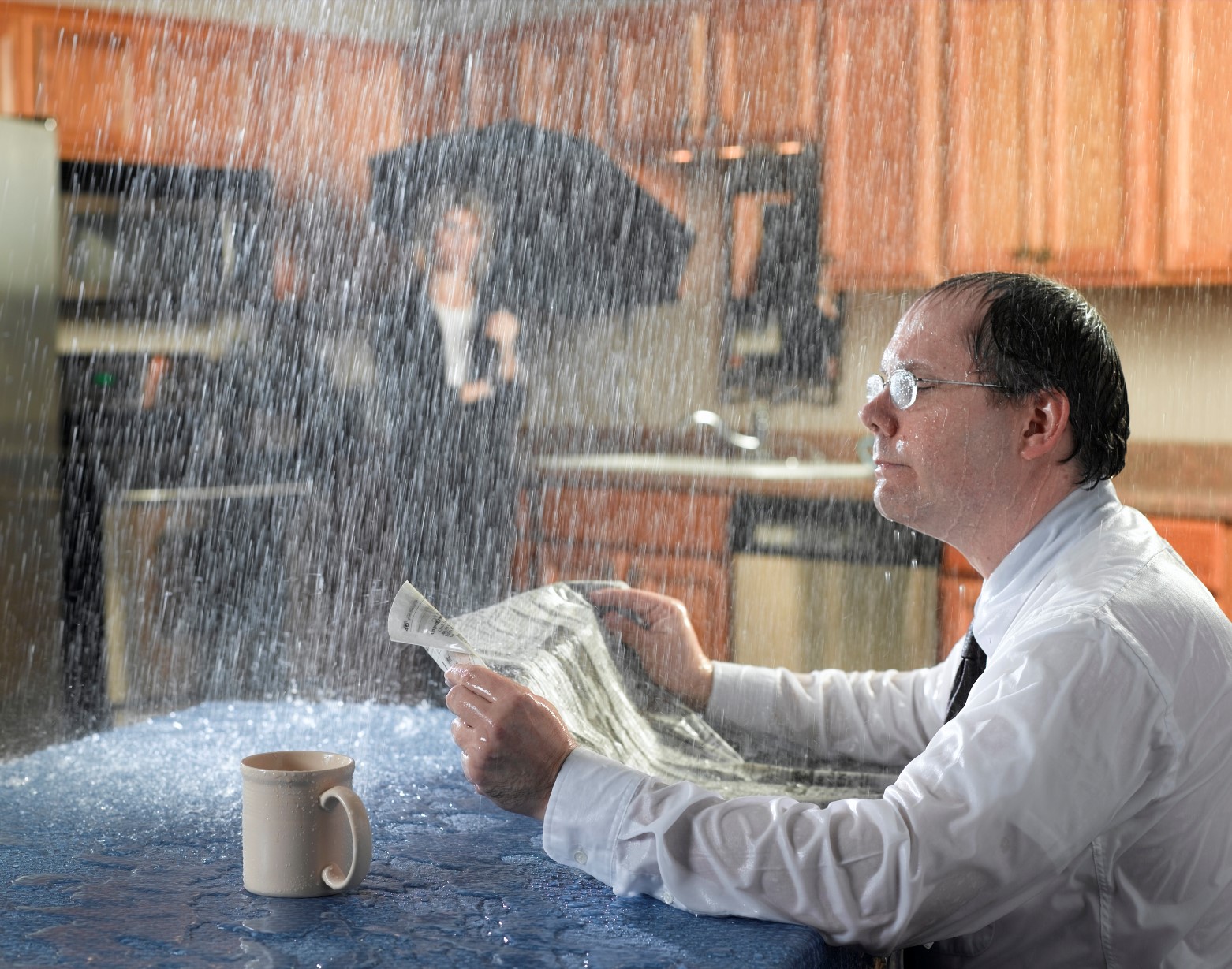Recognizing and Fixing the Six Most Common Water Leaks in Your Home
Recognizing and Fixing the Six Most Common Water Leaks in Your Home
Blog Article
We've unearthed the article involving How to detect water leaks in your home directly below on the net and figured it made good sense to write about it with you here.

Leaks not only create waste of water yet can additionally trigger unnecessary damages to your home as well as advertise undesirable natural growth. By recognizing as well as looking for day-to-day circumstances that trigger leaks, you can protect your house from future leaks and also unneeded damages.
Instant temperature modifications.
Extreme temperature modifications in our pipes can trigger them to expand and also get unexpectedly. This development and contraction may trigger cracks in the pipelines, particularly if the temperature are below freezing.
Rusty water systems
As time goes by, your plumbing system ages and also deterioration such as corrosion may begin gnawing the pipes. This could be the root cause of discoloration or bending on your pipes. This calls for an examination with your plumber instantly. If our plumbing system is old, consider replacing the pipes because they go to a greater risk of rust than the more recent designs.
Defective Pipeline Joints
Pipeline joints can deteriorate over time, resulting in water leaks. If you have noisy pipelines that make ticking or banging sounds, specifically when the warm water is turned on, your pipe joints are probably under a lot of pressure.
Encroaching roots
The majority of water leaks start outside the house instead than inside it. You may notice damp patches or sinkholes in your yard, and also that may mean that tree roots are invading water lines creating water to leak out.
Poor Water Connectors
At times, a leakage can be triggered by loose hoses and pipelines that provide your devices. More often than not, shifting is what causes the loose water Links. You might locate in the case of a cleaning machine, a tube may spring a leakage due to shaking throughout the spin cycle. In case of a water links leak, you may notice water running straight from the supply line or puddles around your appliances.
Clogged Drains
Clogged drains might be annoying as well as inconveniencing, yet they can in some cases wind up causing an overflow leading to rupture pipelines. Keep eliminating any kind of materials that may drop your drains pipes that could block them to stay clear of such inconveniences.
All the above are root causes of leaks but not all water leakages result from plumbing leakages; some leakages might originate from roofing system leakages. All leakages ought to be repaired quickly to avoid water damage.
Leakages not just create waste of water but can likewise cause unnecessary damages to your house and also advertise unwanted organic growth. By recognizing and looking for day-to-day scenarios that cause leaks, you can safeguard your house from future leakages and also unneeded damages. Today, we will certainly look at six leak causes that may be creating your pipelines to trickle.
At times, a leakage can be created by loose hoses and pipes that provide your devices. In instance of a water links leakage, you might observe water running straight from the supply line or pools around your devices.
How To Check For Water Leak In Your Home
How To Check for Leaks
The average household's leaks can account for nearly 10,000 gallons of water wasted every year and ten percent of homes have leaks that waste 90 gallons or more per day. Common types of leaks found in the home are worn toilet flappers, dripping faucets, and other leaking valves. These types of leaks are often easy to fix, requiring only a few tools and hardware that can pay for themselves in water savings. Fixing easily corrected household water leaks can save homeowners about 10 percent on their water bills.
To check for leaks in your home, you first need to determine whether you're wasting water and then identify the source of the leak. Here are some tips for finding leaks:
Take a look at your water usage during a colder month, such as January or February. If a family of four exceeds 12,000 gallons per month, there are serious leaks.
Check your water meter before and after a two-hour period when no water is being used. If the meter changes at all, you probably have a leak.
Identify toilet leaks by placing a drop of food coloring in the toilet tank. If any color shows up in the bowl after 10 minutes, you have a leak. (Be sure to flush immediately after the experiment to avoid staining the tank.)
Examine faucet gaskets and pipe fittings for any water on the outside of the pipe to check for surface leaks.
Undetected water leaks can happen without the home or business owner even realizing. If you suspect a water leak, but not able to find the source. It is time to contact a professional water leak detection service, The Leak Doctor.
How To Find a Water Leak In Your Home
https://www.leakdoctor.com/blog/How-To-Check-For-Water-Leak-In-Your-Home_AE197.html

As a reader about How to Find Water Leaks, I assumed sharing that piece was worthwhile. Enjoyed our write-up? Please share it. Let others discover it. Thank you for taking the time to read it.
Visit Site Report this page